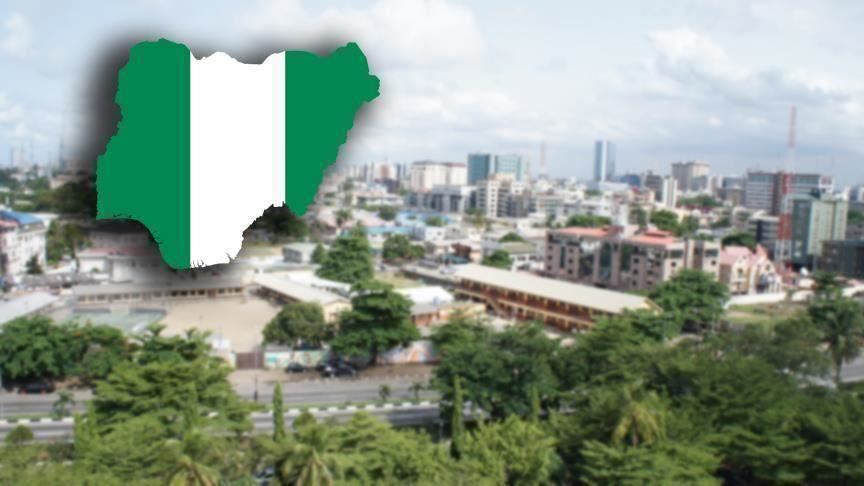
The Ministry of Finance, Budget and National Planning and the Department for Internal Development (DFID) held a citizens' dialogue session on Nigeria’s response to the fall in oil prices and the COVID-19 pandemic this week.
The panel was led by the Minister for Finance, Budget and National Planning, Zainab Ahmed who was supported by Clem Agba (Minister of State, Budget and National Planning), Ben Akabueze (DG Budget Office of the Federation), and Lade Jaiyeola (CEO, Nigeria Economic Summit Group).
Below are some takeaways from the session:
1..The federal government expects GDP to contract by 3.5% YoY (Year on Year) in 2020.
2..Oil earnings is now projected to decline by 90.0% in 2020.
3..Estimated net oil and gas revenue available for Federation Account Allocation Committee (FAAC) distribution is now projected to be 80.0% lower at N1.1 trillion. It used to be N5.5 trillion.
4..Oil production is now projected at 1.7mbpd (million barrel per day) instead of 2.18mbpd. However, an OPEC output cut agreement may also be responsible for this dip.
5..Oil price is expected to average $20 per barrel (recall that Nigeria's budget is benchmarked on $57 per barrel).
6..The average production cost of Nigerian crude has been revised downward to $28 per barrel from $33 per barrel (with implications for Petroleum Profit Tax).
7..Customs revenue is now projected at N1.2 trillion in 2020 (vs. N1.5 trillion previously).
8..Amount accruable to VAT (Value Added Tax) pool account now projected at N2.0 trillion in 2020 (vs. N2.1 trillion previously).
9..Amount accruable to federation account now projected at N3.9 trillion (vs. N8.6 trillion previously).
10.. Projected federal government receipt from federation account for 2020 is now put at N2.4 trillion (compared to N4.8 trillion previously).
11..States and local governments are now likely to obtain N2.1 trillion and N1.5 trillion, apiece, from FAAC (compared to N3.3 trillion and N2.5 trillion, respectively, in previous estimates).
12..Projected N5.6 trillion budget deficit to be financed through privatization proceeds (N126 billion), draw downs from FGN Special Accounts (c.N260 billion), bilateral/multilateral draw downs (N387 billion), and new borrowings (N4.6 trillion).
13..Debt service pressure to be eased by significant moratoriums on new loans (IMF’s RFI of $3.4 billion comes with 3 years moratorium) and expected deferrals of current debt service obligations until macro conditions improve.
14..As part of measures to alleviate the impact of COVID-19, the government has set up an Economic Sustainability Committee to, among others, assess systemic vulnerabilities and develop programs that would make the expected recession short-lived and ensure sustainable long-term growth.
15..Measures are underway to strengthen agricultural value-chain with strategic focus on land acquisition, road networks, and funding.
Government also plans to off-take agro-products when market conditions are unfavourable.
16..Government is looking at funding support for the aviation sector.
17..The president is likely to decide on land border closures after the current health crisis. Negotiations with neighboring countries have been smooth.
18..Although similar challenges were faced in 2016, Nigeria currently has significantly lower fiscal buffers.
19..The budget office is finalizing a revised 2020-2022 Medium Term Expenditure Framework and Strategy Paper (MTEF/FSP) as well as an amendment to the 2020 Appropriation act
20..According to the Nigerian Economic Summit Group (NESG), Nigeria needs N10.1 trillion worth of interventions right now.



No comments:
Post a Comment